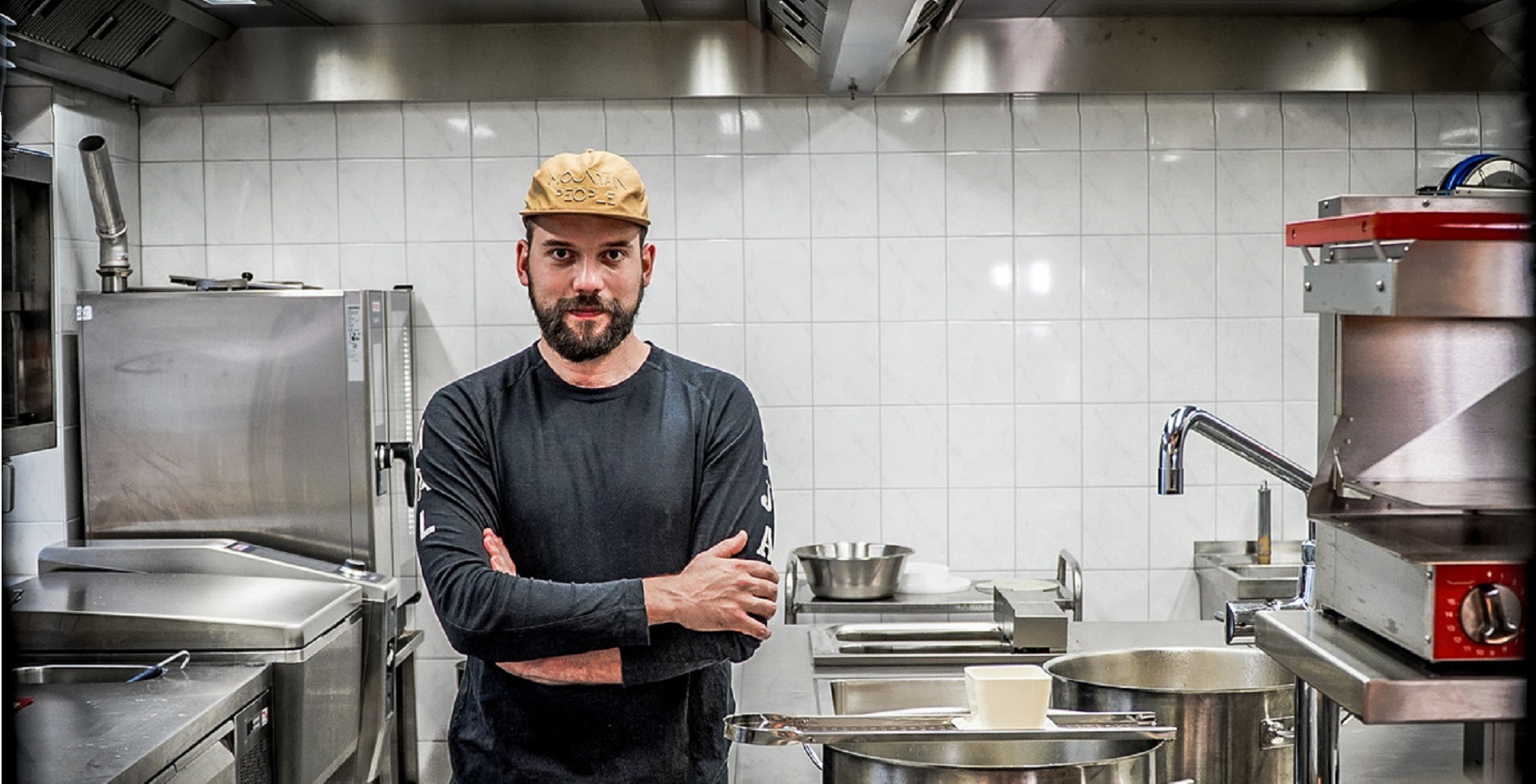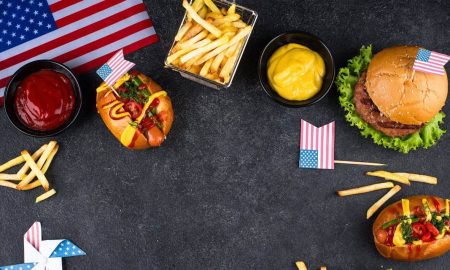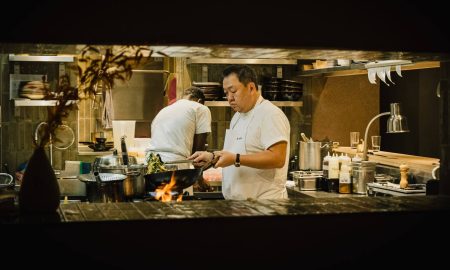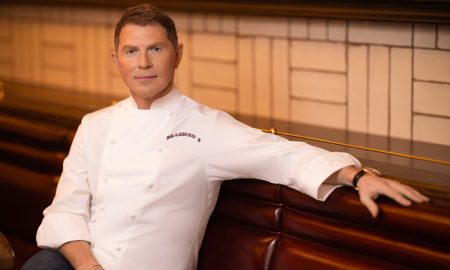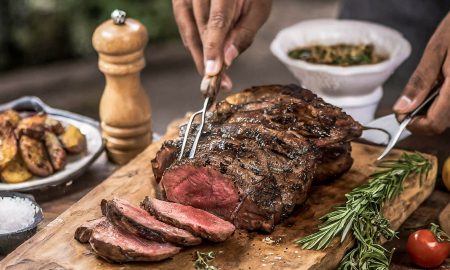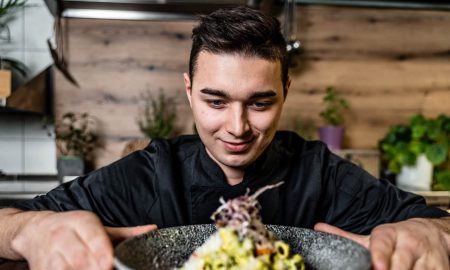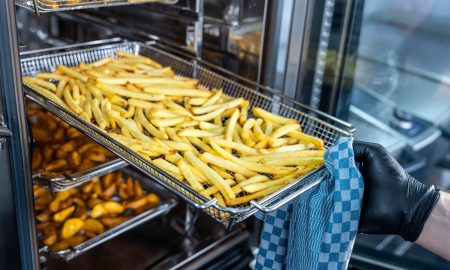In gastronomy, you reach for the stars. Once you have earned one, two or even three, you have reached the sacred heights of the culinary Olympus. From these heights, you control the fate of a unique gourmet temple that attracts people from all over the world. In the media, you are hailed as a virtual God in white robes. Milk, honey and caviar are flowing, and with all the money you earn, you can build up a veritable star empire like Bocuse, Robuchon and co.
Obvious, right? For a long time, this is how most people imagined the life of a star chef.
Costing correctly – also essential in a starred restaurant
Today, however, the elitist glamor that made Michelin-starred gastronomy sparkle for decades has some tarnish. Since the coronavirus crisis at the latest, it has become clear: Star gastronomy is a very fragile construct. Margins are low, reserves are often even lower, and the rigid work culture is driving away and increasing number of employees. German cities such as Berlin and Munich have made it clear just how difficult things have become for Michelin-starred restaurants.
Star locales, which until recently were considered invincible, are closing. Others complain about underutilization, while still others have come up with sudden ideas such as “roast pork Sundays” to somehow make ends meet. Why? The key word here is: costing. As disastrous as it often is in the elite celebrity gastronomy, it seems to be very successful in many segments of more down-to-earth gastronomy. No one knows that as well as Philipp Schmöller.
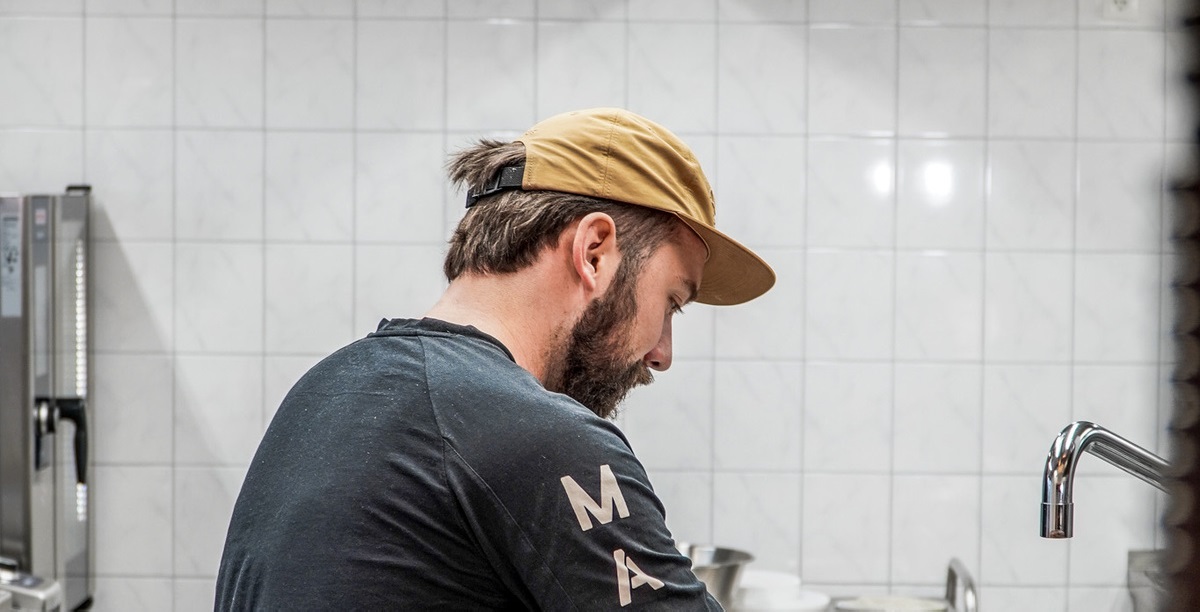
Image: Hannes Setzer
Philipp Schmöller: From a starred restaurant to Berggasthof Dreisessel
The 27-year-old from Bavaria worked for years in the star restaurant industry, most recently in Munich’s two-star restaurant Alois under Christoph Kunz. However, during the coronavirus crisis, the native of Lower Bavaria moved back home. “During the lockdowns, I rediscovered my home region and its nature,” explains Schmöller, “which of course I did because I only had a 20-square-meter apartment in Munich. After spending a summer in the Bavarian Forest, one thing became clear: I want to stay here and go into business for myself.” When the Bavarian Forest Association was looking for a new tenant for Berggasthof Dreisessel, a mountain inn, Schmöller jumped at the chance – and was suddenly an innkeeper. “I used to cook for around 30 guests, but today it’s up to 300 per day – with me as the sole chef,” says Philipp Schmöller with a smile. What sounds completely crazy at first glance is in fact a well-thought-out construct – and one that Schmöller couldn’t be happier with.
Costing at Berggasthof Dreisessel: A question of weather
“Calculating the quantity of goods I need depends on one thing: the weather,” says Schmöller. There is a simple reason for this: the majority of his guests are hikers or day-trippers who are out and about on Dreisessel Mountain. This also means the meal should be on the table quickly, eating doesn’t take too long, and the portions have to provide even the most exhausted hiker with enough calories. Since beverage sales play a major role in such a business, the basic approach to costing was clear toPhilipp Schmöller right from the start: “The food needs to be neither cheaper nor more expensive than similar establishments in the region,” he says.
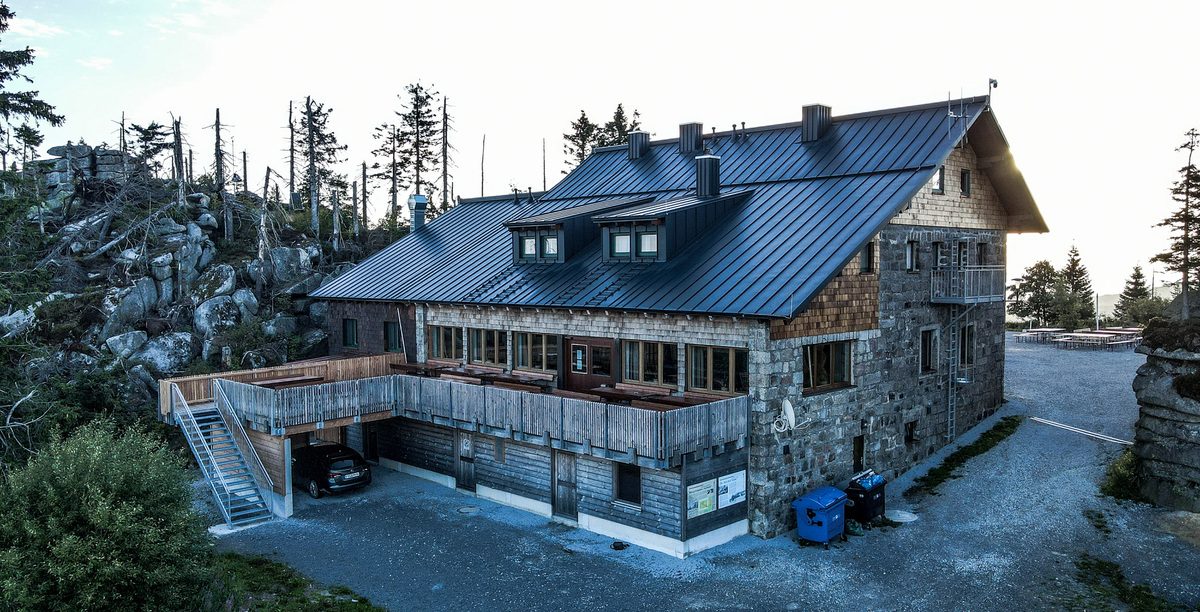
Image: Hannes Setzer
He spent more than a year preparing and working intensively on a business plan. “With me as a lone wolf in the kitchen, I naturally had to come up with something. My goal was to offer good cuisine without convenience products and at the same time have a guaranteed basic profitability.” His solution: A small menu, two large cold stores – and investing in a multifunctional unit, the iVario and a combi-steamer from Rational.
The solo chef and his kitchen technology
“In the beginning it was difficult to buy the right quantities. I usually didn’t have enough,” Schmöller recalls. “But by keeping the menu small and making very few changes, I quickly developed a good feeling for the right quantities. This still helps me with my costing today, because it means I can make good deals on products for my dishes. With two large cold stores and a freezer, I have plenty of space to store large quantities.”
In number, this means: Up to 160 curry sausages with homemade sauce are made up on the mountain every day. “And yesterday, on a beautiful October day, it was over eight kilos of Leberkäse and 15 liters of broth for my Kaspressknödel soup.” How does Schmöller handle these sheer quantities as a solo chef? “For one thing, with my iVario,” he reveals with enthusiasm. “At the beginning of the planning phase, I was still reluctant to buy an iVario because I said to myself: A real chef doesn’t need that, especially if you’re not running a canteen. Now I know, it’s simply the best cooking system there is.”
Sieh dir diesen Beitrag auf Instagram an
Investments that have paid off
Why? “It is so versatile,” says Philipp Schmöller. “In my case, especially for braised dishes. With the multifunctional device, I can sear and braise everything precisely in a single container without having to worry about roasting or burning, because it runs automatically. The same applies to my bread dumplings. The cooking system automatically adds the required amount of water and cooks them to perfection. On the stove, everything would have boiled over three times because I have so much to do at the same time. But the iVario has such things under control and stops in good time. This takes a lot of pressure off – so much that I would never be able to do everything without the cooking system alone!”
Schmöller is similarly enthusiastic about his combi-steamer. “This is where I work a lot with the roast pork crust function, but I also bake a huge amount of pretzels every day. Even frozen dough pieces are baked in minutes! With this cooking system, I can react at lightning speed while it is operating. I don’t have to keep checking to see if anything is burning because it’s just incredibly smart. It is also very easy to use. So if I’m away or ill, there’s always someone who can take over and manage just fine with minimal knowledge.”
Always available – potential for even more precise costing in gastronomy
The neo-innkeeper doesn’t want to return to star-studded restaurants. “I really enjoy cooking here. I won’t be giving up a business that is on such a solid financial footing any time soon!” says Schmöller. He adds that there could be potential need for even more precise costing in the future. “Perhaps I’ll be making the menu even smaller in the near future,” he reveals. “This makes everything even more accurate in times of rising costs. But we’ll see.”


